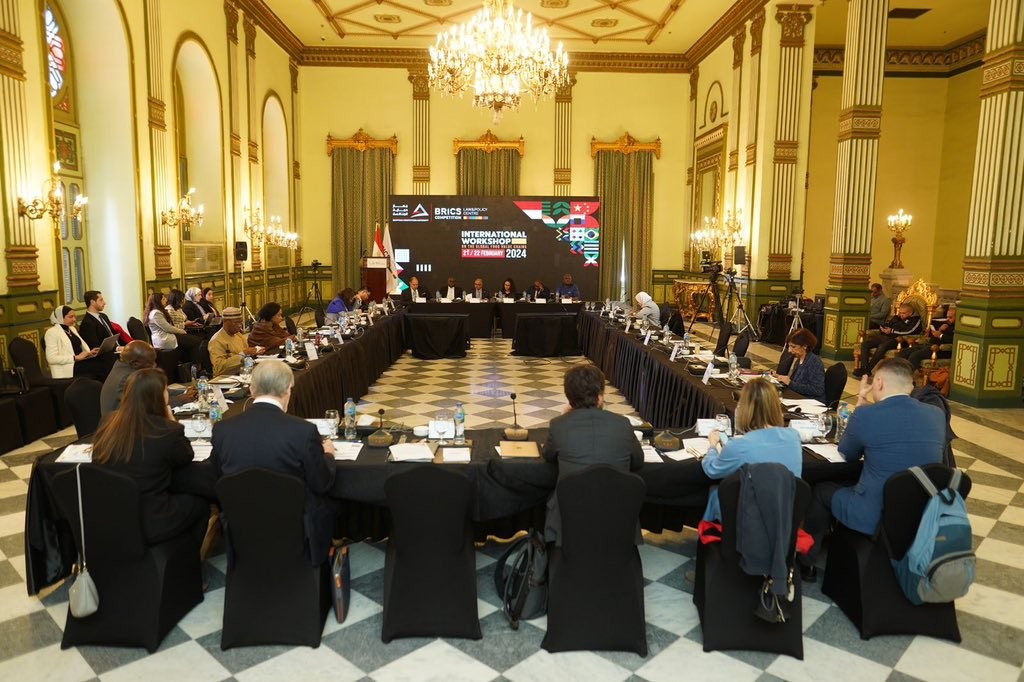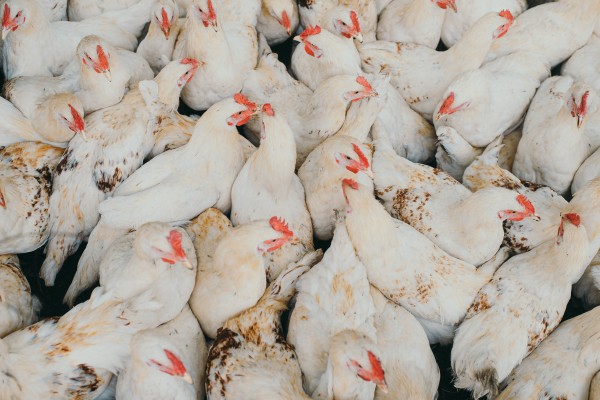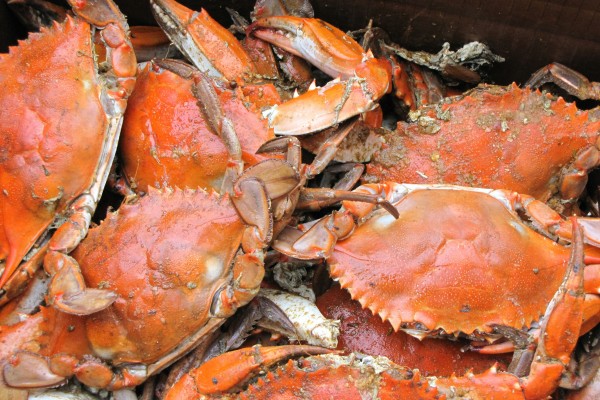On February 22, the BRICS Working Group for the Research of Competition Issues in Food Markets held a closed meeting in Cairo, Egypt. This was the first meeting of the group after the BRICS expansion — it was attended by representatives of the antimonopoly agencies of Russia, Egypt, South Africa, India, China, Brazil, Gambia. The experts discussed systemic problems in the functioning of the global food value chain and available mechanisms to ensure food security.
The food market is one of the most socially important sectors of the economy. Disruptions in food supplies and price instability undermine the well-being of citizens of any country. Problems with food security in some cases lead to the aggravation of social and political instability, including in the countries of the Global South, said Andrey Tsyganov, Deputy Head of the Federal Antimonopoly Service (FAS) of Russia. He put forward a proposal to conduct a joint large-scale sectoral study of the BRICS food markets with the expert support of the BRICS Competition Law and Policy Centre. Interim results of the study may be presented at the next UN Conference on Competition in 2025.
"Such a study will make it possible to conduct a comparative analysis of the provision of the population of our countries with basic foodstuffs, as well as to assess the effectiveness of measures of antimonopoly regulation of agricultural and food markets in the BRICS partner countries,"
said the Deputy Head of the FAS.
Alexey Ivanov, Director of the BRICS Competition Law and Policy Centre, and Mahmoud Momtaz, Chairman of the Egyptian Competition Authority, supported the idea of a joint study, suggesting that it should focus on grain trade. The study would help identify highly concentrated sectors in the food chain and their potential risks.
Hardin Ratshisusu, Deputy Commissioner of the Competition Commission of South Africa, emphasized the importance of coordination among the BRICS competition authorities. He also suggested that the joint study should address food security issues, noting that supply chain disruptions affect many developing countries in Africa.
The implications of the digitalization of agricultural and food markets could also be the subject of a proposed joint study, pointed out Carolina Saito da Costa of Brazil's antitrust authority CADE. She presented a recent deal reviewed by CADE which intended to create a joint venture between SustainIt, Cargill, Louis Dreyfus and ADM to develop a platform to measure sustainability in the food and agricultural supply chain. The risk of possible exchange of competitively sensitive information belonging to platform users and the joint venture partners themselves was mitigated by the commitments set forth by the companies through contractual instruments and the Antitrust Protocol. The document, drafted and proposed by the companies, presents guidelines observing compliance with legal rules.
Liu Hanqing, Department of Competition Policy Coordination of the State Administration for Market Regulation (SAMR), spoke about the enforcement activities of SAMR in the food sector. The regulator pays special attention to horizontal monopoly agreements between grain sellers and buyers, pricing issues at large food enterprises and further improvement of anti-monopoly legislation.
Farmers' protests in India have made headlines around the world. The farmers' demands include a law to ensure a minimum price for their crops. They want a guaranteed buyback of their crops by the government at a pre-announced price. Ujjwal Kumar, Associate Director, CUTS International, addressed problems faced by farmers that affect India's food security. He urged the BRICS competition authorities to pay attention to the increased concentration of the food market, in particular the Bunge-Viterra merger and its possible implications for the entire sector.
The food sector needs to be looked at holistically, taking into account multiple factors, from access to resources and markets to the impact of technology, said Thembinkosi Bonakele, Ex-Commissioner of the Competition Commission of South Africa. In an increasingly complex economy, competition agencies often lack the capacity for thorough market analysis — they cannot do without the help of academics and experts.
"The BRICS Competition Law and Policy Centre, which works in close cooperation with FAS Russia, providing its expertise while remaining independent, can serve as an example of the format of work that I think we should promote in the BRICS community,"
said Mr. Bonakele.
The BRICS Working Group on the Research of Competition Issues in Food Markets was established in 2015, when Russia held the BRICS Chairmanship. It was then that the format of the work was first tested, in which the academic community of the BRICS countries came together to assist competition authorities. The scientific and expert support of the working group is coordinated by the International BRICS Competition Law and Policy Centre, with the participation of academics involved in antitrust law and regulation of agrifood markets from all BRICS countries.




